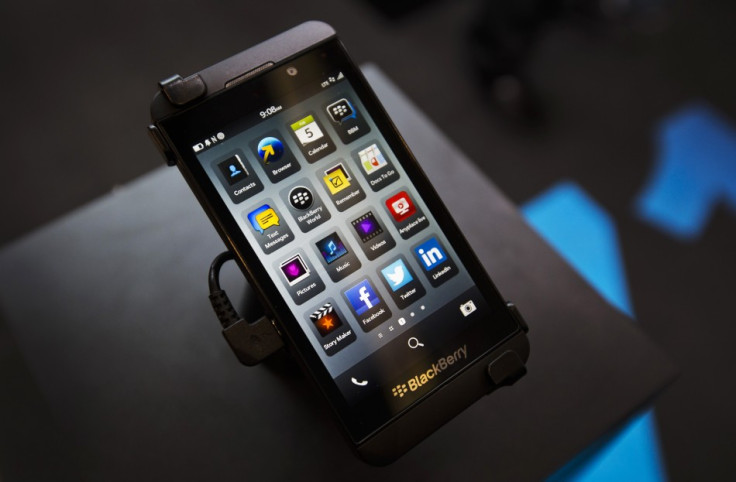BlackBerry Considers Going Private as Turnaround Plans Continue to Fail
Struggling smartphone maker BlackBerry is considering becoming a private company, as a major relaunch in January has so far failed to turn around dwindling sales and a falling share price.

Going private would give the Canadian company breathing space, sources told Reuters, as it would no longer feel the pressure from investors looking for life from a share price which has fallen 44% in the last six months.
BlackBerry's market value has fallen from its peak of $84 billion (£54bn) in 2008 to just $4.8bn now, as the company was caught wrong-footed by the launch of the iPhone in 2007, leading to changes in the smartphone landscape which it was unable to keep up with.
"There is a change of tone on the board," one source familiar with the situation said, although BlackBerry is yet to launch any kind of sale process. Even if the company chose to go private, it may face difficulty in finding a buyer, given its much-publicised BlackBerry 10 operating system and new Z10 and Q10 smartphones have so far failed to turn around years of decline.
One source said the company has recently engaged in discussions with Silver Lake, the private equity firm which is currently backing Michael Dell in a $25bn battle to buy out and take private the Dell computer company he founded as a student.
Dell is looking to take the company off the stock market so it can be restructured and reorganised away from the pressure of satisfying investors and media reports of its falling share price.
The same source told Reuters that if the Dell deal is a success and BlackBerry follows suit in being bought by Silver Lake, then the two companies could collaborate to boost Dell's mobile computing efforts, where it has previously struggled.
Although not fundamentally bad products, the new range of BlackBerry 10 devices have failed to sell as well as investors had hoped, raising questions about whether the company can ever make a comeback against market leaders Samsung and Apple.
© Copyright IBTimes 2025. All rights reserved.






















